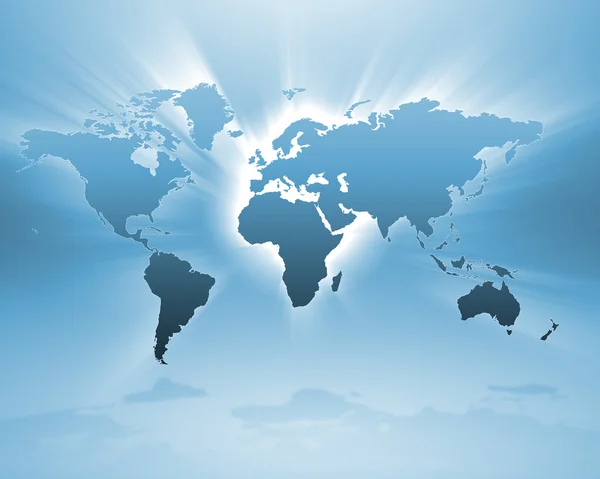
In the recent Catholic Peace Weekly's Uncomfortable Talk Column, the writer gives us another place where we have the separation of Religion and Life.
"No talk of politics. Violation will result in expulsion!" This is a warning posted in the social media group chat room with friends. Everyone must have encountered this at least once or twice in a chat room. In some houses, even when family and relatives gather, talking about politics or elections is forbidden. It must be because there are cases where families who have not been together for some time blush and raise their voices when together. The columnist gave up on persuading his family with his political choices. It's because he knew very well that he was marked as a mean son and an ugly brother.
'No talk of politics' is a rule used even in churches. Not only at public gatherings of worship but also in district meetings and private meetings, everyone keeps their mouth shut about politics. He's pretty sure he heard that from the priest during the Mass homily. Is it because they are worried that believers will fall away? I don't want to believe that, but it's clear that the church is a political off-limit zone. There is no democracy in the church. It is probably the result of thinking of faith as something that is detached from politics.
There are many times when Catholics, not to mention Protestants, feel that their faith is becoming more individualized and internalized. The roots of the substitution of faith as an internal problem that is free from political or social conditions are deep. The anecdote is famous that Luther, a virtuous priest, found pride in his purified heart on his way home after going to confession, and went back to go to confession again.
Max Weber explained 'Protestant ethics' by citing the view of salvation that one can obtain temporal salvation called 'wealth' through individual good and sincere efforts. However, did they realize that turning faith into an individual's inner problem like this is also a political attitude? In fact, the logic of modern capitalism was hidden in the establishment of an individual as a 'single person before God'. Such a religious view does harm to those who lived happily in the spirit of community, mutual aid, and close to nature given by God and brings them into the economy of commodity production and exchange.
In his last article, he mentioned the action of the Samaritan who saved a man who was robbed and proposed imitation, but more fundamentally, he wrote, "You must catch the robber." He hopes these words do not sound like a radical political remark, but in an unjust world, even speaking common sense justice and truth is likely to sound radical. When the understanding of this world, the essence of being a human being, the soul, and salvation is achieved without understanding the structural dimension of society, only transcendent emotions remain for us.
There is nothing that is not political in the social doctrine that the church presents. Doctrines of human rights, labor, the socially disadvantaged, capitalism, life, and ecology all require political solutions. Can we solve the issues of disabled people protesting on the subway, meat obtained from an indiscriminate clearing in the Amazon jungle, abortion, and women's rights through our individual inner determination? We believe in the separation of church and state and the political neutrality of the church, so we dismiss the issues of truth and justice as politics and push them aside.
The church should not become an island indifferent to politics and society in the name of faith. He doesn't want to know the inner thinking of the person beside him. He is more curious about what he thinks about this world and how he lives.